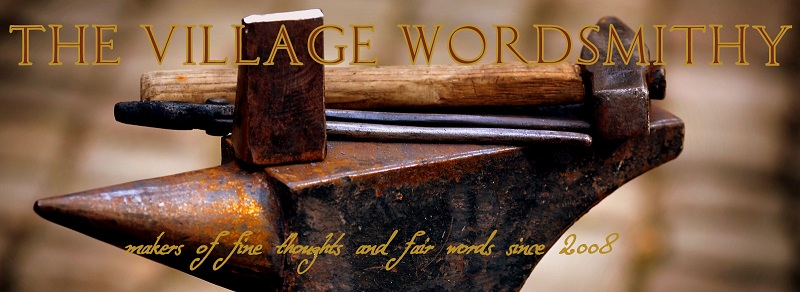I think what Fish is trying to say is that we only get out of a poem what we put into it. When we begin reading we already have a preset number of responses to the text based on things we've already read before and our life experiences up to that point, our own sort of 'literary tradition', to use Eliot's verbiage.
In my other English class right now (133) we're reading Adrienne Rich's "Atlas of the Difficult World" and for those of you who haven't read it, don't drop everything to go pick up this anthology; rave reviews aside, these poems are really, really boring. It's academic poetry for academics, really, riddled with obscure references to books and poems most of us haven't read and pottery types no one but the most ardent of collectors would be familiar with. It's perfect for reading and analyzing in a class room setting, but to read it for fun, outside of class, like poetry should be read, it's terrible. I can't get anything out of her poems because I don't have all the information I need to put in to understand what she's talking about. without those references, (which, once explained, are kind of crucial to understanding where she wants the poem to go,) the poem to me is nothing more than a mental scrambled egg- the brain was cracked open, the thoughts poured out, and then someone went in with a spatula and shuffled everything around until the only thing that told me it was eggs was the color and the previous experience with scrambled eggs that Fish also talked about in his essay. ( "...You know a poem when you see one because its language display the characteristics that you know to be proper to poems..." Fish 326)
It seems to me that Rich wrote "Atlas" with a specific audience in mind, an audience she references in her poem "Dedications" in which she describes all the people who are reading her poem:
| I know you are reading this poem late, before leaving your office of the one intense yellow lamp-spot and the darkening window in the lassitude of a building faded to quiet long after rush-hour. |
| Blowing stones along the road on Mount Asama, the autumn wind. |
than anyone with a western background is.
Thoughts on this, folks?




